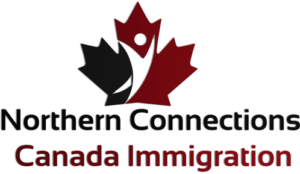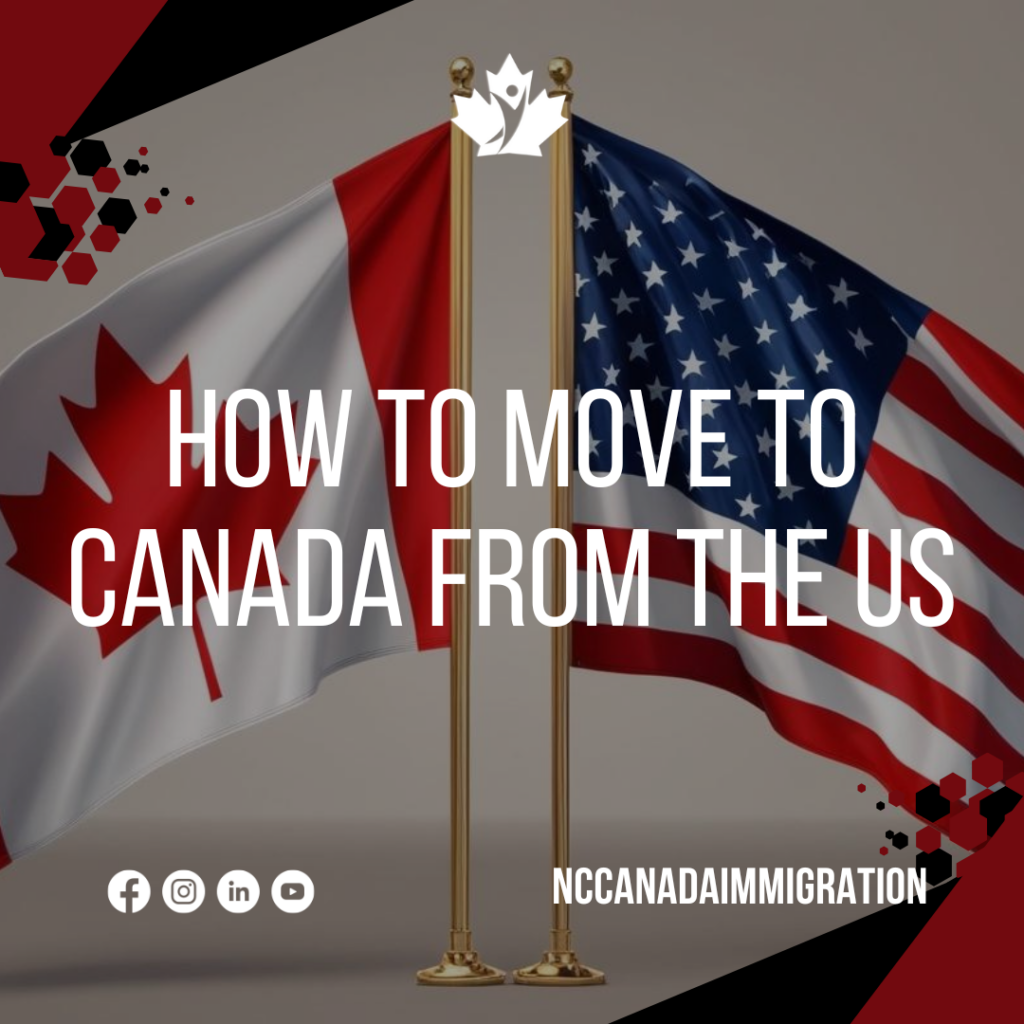CUSMA Professions
- Accountant;
- Agriculturalist;
- Animal Breeder;
- Animal Scientist;
- Apiculturist;
- Architect;
- Astronomer;
- Biochemist;
- Biologist;
- Chemist;
- Computer Systems Analyst;
- Dairy Scientist;
- Dentist;
- Dietician;
- Disaster Relief Insurance Claims Adjuster;
- Economist;
- Entomologist;
- Engineer;
- Epidemiologist;
- Forester;
- Geneticist;
- Geochemist;
- Geologist;
- Geophysicist;
- Graphic Designer;
- Horticulturalist;
- Hotel Manager;
- Industrial Designer;
- Interior Designer;
- Land Surveyor;
- Landscape Architect;
- Lawyer (including Notary in Quebec);
- Librarian;
- Management Consultant;
- Mathematician;
- Medical Laboratory Technologist;
- Meteorologist;
- Nutritionist;
- Occupational Therapist;
- Pharmacist;
- Pharmacologist;
- Physician;
- Physicist;
- Physiotherapist;
- Plant Breeder;
- Poultry Scientist;
- Psychologist;
- Range Manager;
- Recreational Therapist;
- Registered Nurse;
- Research Assistant;
- Scientific Technician/Technologist;
- Social Worker;
- Soil Scientist;
- Sylviculturalist;
- Teachers (College, Seminary, and University);
- Technical Publications Writer;
- Urban Planner;
- Veterinarian;
- Vocational Counsellor;
- Zoologist.
Relocating from the United States to Canada can be an exciting prospect, but moving long-term requires more than just a visit. While Americans enjoy visa-free travel for short visits, staying in Canada for work, study, or as a permanent resident requires proper legal authorization.
Below are the key steps and pathways for Americans considering this move.
Legal Status and Pathways to Permanent Residency
While Americans can enter Canada without a visa for visits less than 6 months, staying for work, study, or permanently requires the right legal status. There are two main avenues to obtain legal status in Canada:
- Temporary Resident Status: This includes work and study permits that allow individuals to stay in Canada for a limited time.
- Permanent Residency (PR): For those looking to settle in Canada long-term, applying for permanent residency offers significant benefits, such as the ability to work anywhere in the country, access to provincial health insurance, and the ability to apply for Canadian citizenship after meeting residency requirements.
U.S. citizens must first obtain permanent resident status before they can apply for Canadian citizenship. After holding PR status for at least 3 years, they can apply for citizenship.
Key Pathways for Moving to Canada
Americans can pursue several immigration pathways, including:
- Work Permits: U.S. professionals can apply for an employer-specific work permit to work in Canada under programs like the Canada-United States-Mexico Agreement (CUSMA). If the job is eligible, the work permit may not require a Labour Market Impact Assessment (LMIA), which streamlines the process.
- Express Entry: The Express Entry system is Canada’s primary pathway for skilled workers and includes three main programs:
- Federal Skilled Worker Program (FSWP): For skilled workers with foreign work experience. Applicants must meet minimum requirements in education, work experience, and language proficiency (English or French).
- Canadian Experience Class (CEC): For individuals who have worked in Canada for at least one year on a work permit.
- Federal Skilled Trades Program (FSTP): For skilled workers in trades, such as electricians, plumbers, and chefs.
Express Entry uses the Comprehensive Ranking System (CRS) to rank candidates based on factors like age, education, work experience, and language skills. High-ranking candidates are invited to apply for permanent residency.
Express Entry and Required Documents
To enter the Express Entry pool and be considered for permanent residency, applicants must submit several key documents:
- Language Test Results: Evidence of proficiency in either English or French through approved tests like IELTS or CELPIP for English.
- Educational Credential Assessment (ECA): To verify that foreign degrees or diplomas meet Canadian educational standards.
- Work Experience & Job Offer: Proof of previous work experience and a Canadian job offer (if applicable) can boost the CRS score.
Candidates are ranked based on the CRS and invited to apply for permanent residency during regular draws.
- Family Sponsorship: If you have a spouse, common-law partner, or conjugal partner living in Canada, they can sponsor your immigration. Eligibility requirements include financial stability and proof of a genuine relationship.
- Startup Visa: Entrepreneurs with innovative business ideas can immigrate to Canada through the Startup Visa program. To qualify, applicants must have a support letter from a designated organization, a qualifying business, and sufficient funds.
- Provincial Nominee Programs (PNP): Several provinces in Canada have PNPs that allow them to nominate individuals for permanent residency based on local labour market needs.
CUSMA Work Permits: A Special Opportunity for Professionals
Under the Canada-United States-Mexico Agreement (CUSMA), U.S. professionals in certain fields can apply for an employer-specific work permit to practice their profession in Canada. This is one of the easiest ways for Americans to work in Canada without needing a Labour Market Impact Assessment (LMIA).
If you meet the eligibility requirements, a CUSMA work permit offers an efficient way for U.S. professionals to gain work authorization in Canada.
It’s important to note that eligibility is based not only on your job title but also on the specific duties you perform, which determine how your profession is classified under Canada’s National Occupational Classification (NOC) system.
For Americans in professions not covered by CUSMA, other work permit options are available, including the Temporary Foreign Worker Program and various permits under the International Mobility Program.
Relocating from the U.S. to Canada: Finding Your Ideal Location
Canada offers a range of cities, suburbs, and neighbourhoods ideal for relocation, each with unique benefits. For U.S. citizens considering a move, deciding on the best fit can be challenging. Below are some of the top destinations for Americans relocating to Canada:
Top Canadian Destinations
- Ottawa, Ontario
Ottawa, Canada’s capital, combines affordability with city living, excellent public transit, and a bilingual (English and French) community. Popular career sectors here include technology, government, healthcare, and education. Residents also enjoy access to rivers, beaches, and recreational spots. - Vancouver, British Columbia
Known for natural beauty and mild weather, Vancouver supports a balanced work-life culture. Outdoor enthusiasts will find plenty of biking, hiking, and beach activities, plus a vibrant, cosmopolitan lifestyle. - Montreal, Quebec
Offering an affordable cost of living, low crime rates, and a European charm, Montreal is ideal for those comfortable with the French language. The city boasts a lively nightlife, notable architecture, and cultural diversity. - Hamilton, Ontario
Hamilton offers affordable housing, a diverse community, and a strong restaurant scene. Notable for its natural beauty, including over 150 waterfalls, it’s also home to prestigious educational institutions. - Toronto, Ontario
Often called “Canada’s New York City,” Toronto is a bustling, multicultural hub with a dynamic lifestyle, fitness-friendly parks, and a thriving culinary scene. Toronto offers four distinct seasons and a fast-paced city life.
Key Benefits of Moving to Canada
- Free Healthcare
Permanent residents and some temporary residents qualify for Canada’s healthcare system, covering hospital visits, physician services, and more, typically after three months of residency. - Work-Life Balance
Canadians often enjoy shorter work hours, generous vacation time, and mandatory paid holidays. Paid maternity leave and a balanced lifestyle add to the appeal. - Outdoor Lifestyle
Canada’s natural landscape supports a wealth of activities like kayaking, hiking, and cycling, making it easy to embrace an outdoor lifestyle. - Low Crime Rates
Canada has a reputation for safety, thanks to low crime rates, community-based initiatives, and strict gun control laws.
Other Essential Information for Moving to Canada
- Entry Requirements: A valid passport and visa are required for residency, with the option to apply for Canadian citizenship after three years.
- Financial Considerations: Consider opening a Canadian bank account and adjusting for the cost of living, which varies by region. Taxes may be higher than in the U.S.
- Climate: Canada experiences colder winters, even in its milder regions.
- Metric System: Canada uses the metric system, so be prepared for kilometers, liters, and kilograms.
- Importing Large Items: Remember to register pets, vehicles, and certain belongings per Canadian regulations.
Frequently Asked Questions for U.S. Citizens
Can I live in Canada as a U.S. citizen?
- Yes, U.S. citizens can move to Canada with the appropriate visa and can also pursue dual citizenship if desired.
Is it easy for Americans to relocate to Canada?
- While there are specific visa requirements, Canada maintains an immigrant-friendly approach, making it a feasible process.
Do I need a job offer to move to Canada?
- While a job offer can be beneficial, it’s not mandatory. Programs like the Federal Skilled Worker Program may require employment if financial resources are limited.
Conclusion: Next Steps
Moving to Canada involves understanding the legal pathways available and the documentation required. Whether you’re applying for a temporary work permit under CUSMA or seeking permanent residency through Express Entry, the process can be straightforward with the right support.
As an American citizen, you have access to various options—from temporary work permits to permanent residency and eventual Canadian citizenship. If you’re considering making the move to Canada and want to ensure you choose the best immigration pathway for your situation, we’re here to assist.
Schedule a personalized one-on-one consultation with one of our experienced immigration consultants. Our team will assess your unique situation, guide you through the necessary steps, and ensure you’re on the right path. Contact us today to book your consultation and take the first step toward making your Canadian dream a reality!
The Team at Northern Connections Canada



